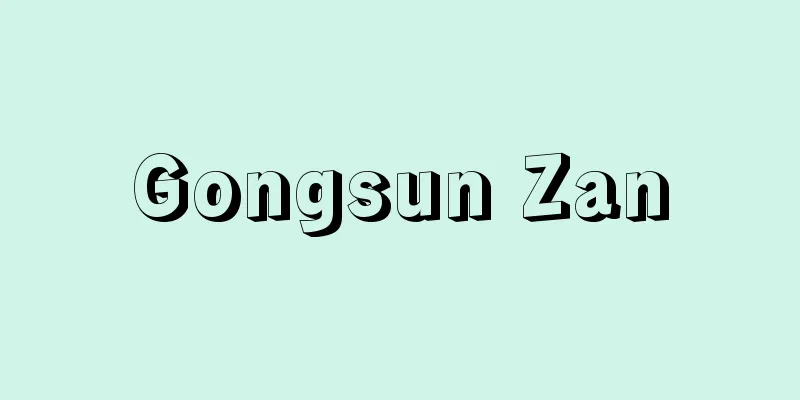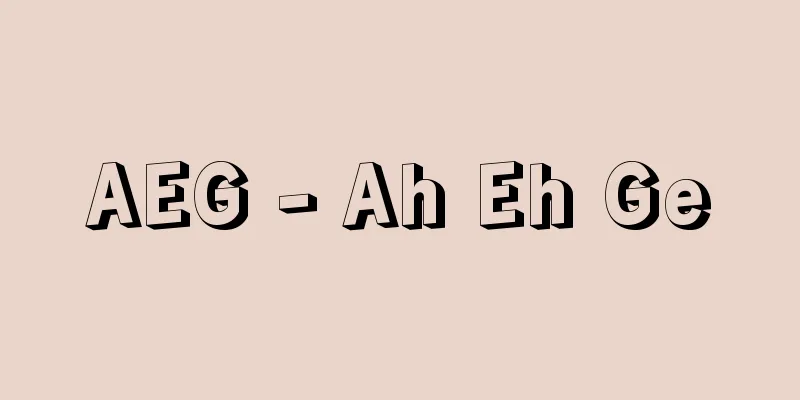Cuneiform - Cuneiform writing
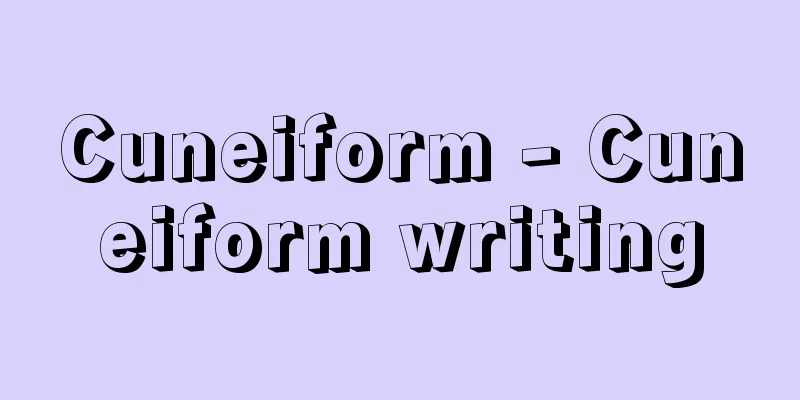
|
Also read as "sekkei moji." A script widely used in the ancient Orient, including Sumer, Assyria, Hittite, and ancient Persia. It is often inscribed on clay tablets with a sharp rod-shaped object, giving it a wedge-like shape. It is generally written horizontally from left to right, and many are syllabic characters accompanied by consonants, but some characters represent single vowels. When the Sumerians invented it around 4000 to 3000 BC, it was a pictogram. Around 2500 BC, it began to take on a distinctive wedge shape. It was deciphered by Grotephent, Rawlinson, Hincks, Hrozny, and Bauer. →Scripts→Related topics Akkadian | Assyriology | Iranian languages | Ugarit | Elamite | Cuneiform writing | Sumer | Clay tablet writing | Babylonian | Hittite | Boğazköy | Mari (ruins) Source : Heibonsha Encyclopedia About MyPedia Information |
|
〈せっけいもじ〉とも読む。シュメール,アッシリア,ヒッタイト,古代ペルシアなどの古代オリエントで広く使用された文字。多く粘土板に角のある棒状のもので刻んだために楔に似た形をとる。一般に左から右へ横書きし,多くは子音を伴う音節文字だが,単独の母音を表す文字もある。前4000年から前3000年ごろシュメール人が発明したときは絵文字だった。前2500年ごろから,特徴的な楔の形をとるようになる。グローテフェント,ローリンソン,ヒンクス,フロズニー,バウアーらによって解読された。→文字 →関連項目アッカド語|アッシリア学|イラン語派|ウガリト|エラム語|楔形文字法|シュメール|粘土板文書|バビロニア語|ヒッタイト語|ボアズキョイ|マリ(遺跡) 出典 株式会社平凡社百科事典マイペディアについて 情報 |
<<: Cuneiform writing - Cuneiform writing
Recommend
Giedion, Sigfried
Born: April 14, 1893 in Lengnau [Died] 9 April 196...
Domed tomb - Engaibo
…Three types of tombs are known depending on the ...
Aodakewatari - Aodakewatari
…Watarimono is a general term for tightrope walke...
Iga Basin - Igabonchi
(Mie Prefecture) A tourist attraction designated a...
Occupation - Occupation
...A distinction must be made between a livelihoo...
Bonaventura - Bonaventura (English spelling)
Medieval Italian theologian and philosopher. Born...
Mantz, F. MantzF
…(1) The Swiss Brethren emerged during the Zwingl...
Ahaziah
...Finally, when the Omri dynasty emerged in the ...
Urus - Urus (English spelling) ulus
In Turkish and Mongolian, it originally meant a g...
Shaving the baby hair - Ubugesori
...The sekkakure (toilet) pilgrimage is seen in t...
Asanskrita Dharma - Asanskrit Dharma
…In contrast to these conscious laws, space (empt...
Basic Law of Jerusalem
...The fire at Al-Qasr Mosque, set by an Australi...
Ringhals
...The king cobra Ophiophagus hannah (illustratio...
Salt seasoning - Kanmiryo
…Also, because the spiciness is more of a physica...
History of Saint Louis
…a French nobleman from the Champagne region, aut...

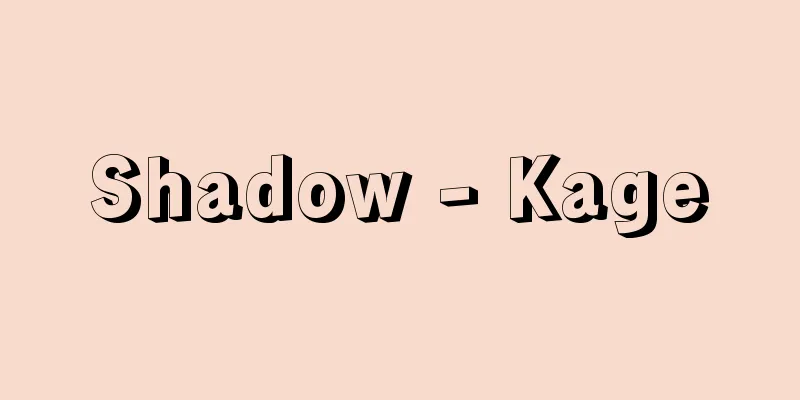

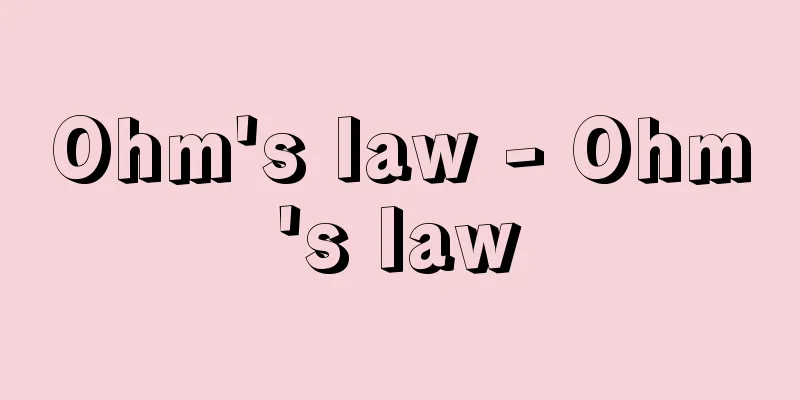

![Ojiya [city] - Ojiya](/upload/images/67cb1ecf7cf8a.webp)

